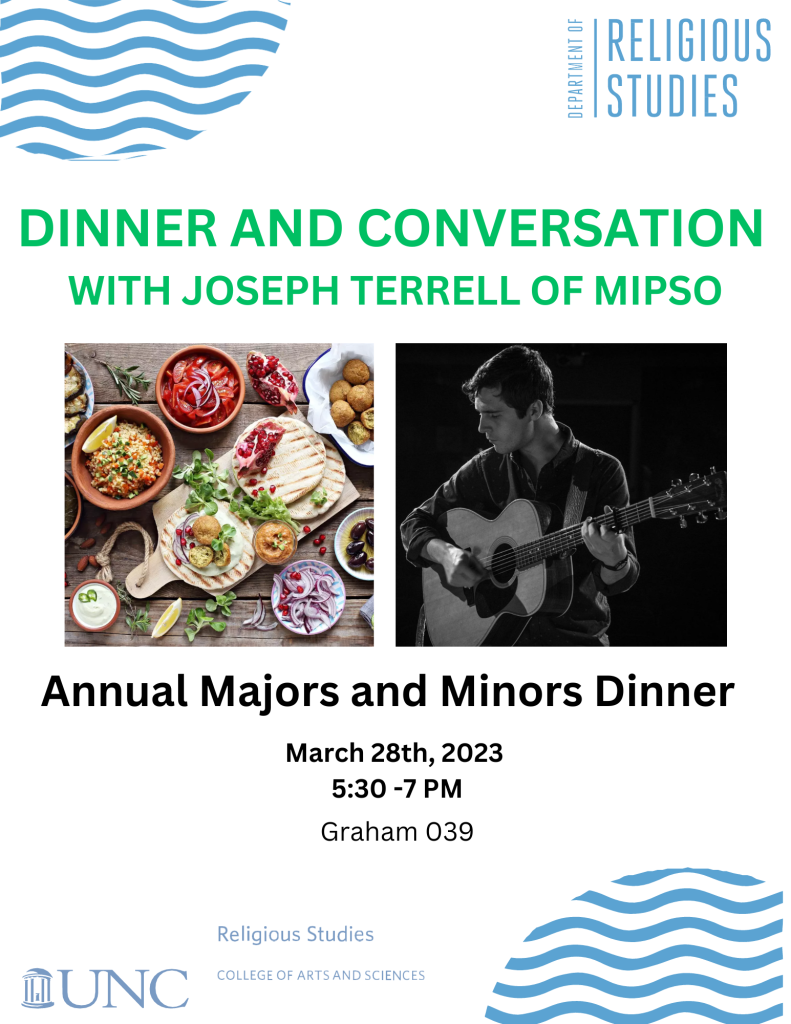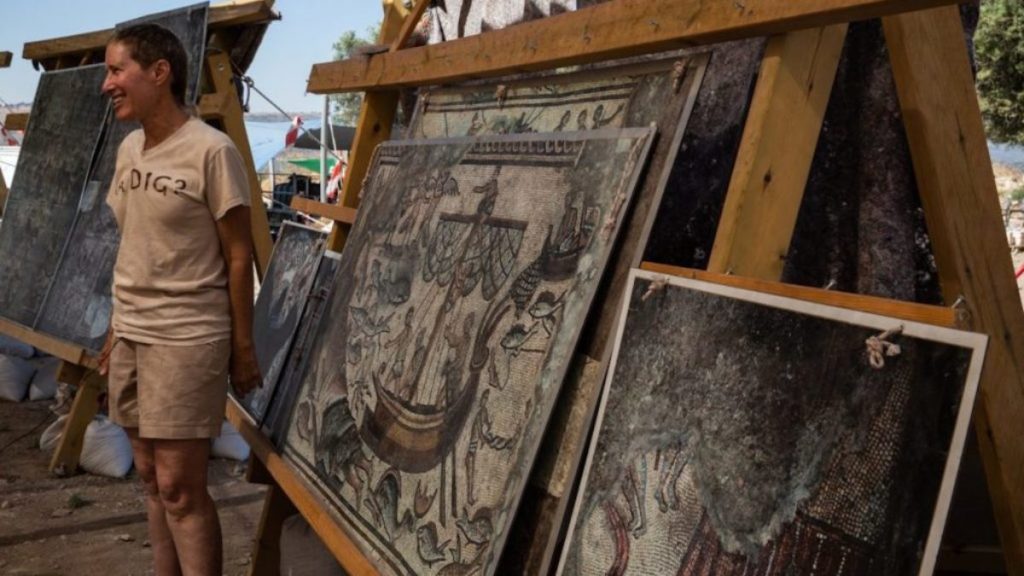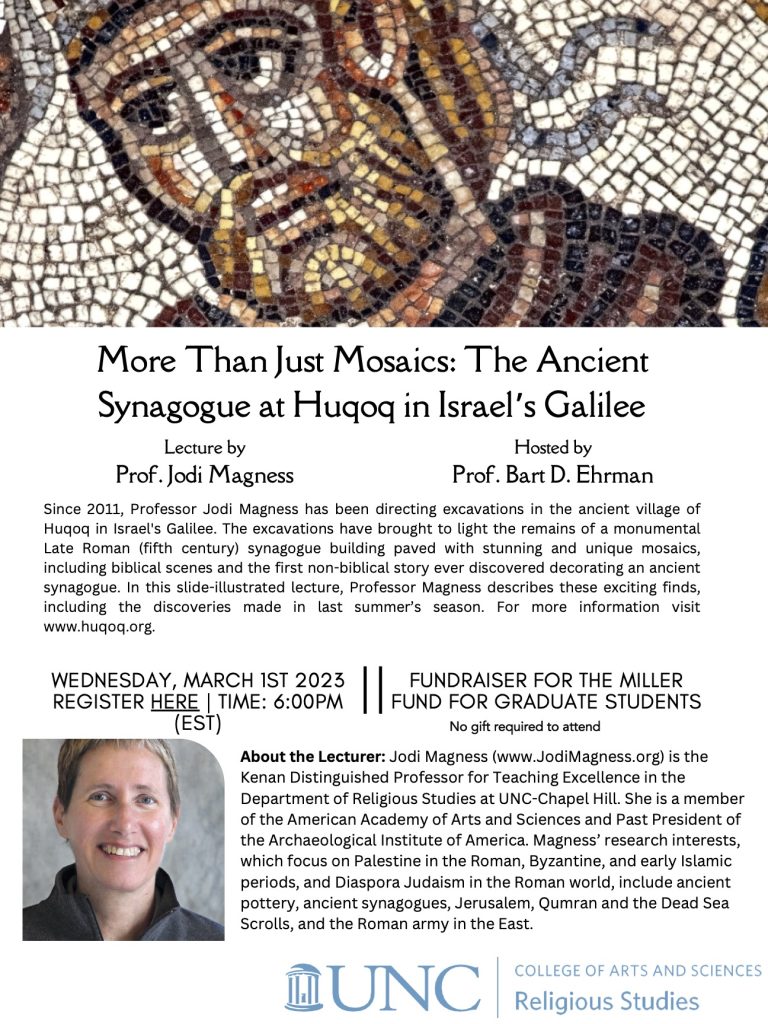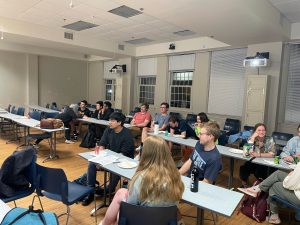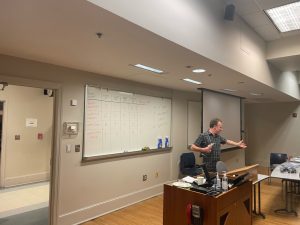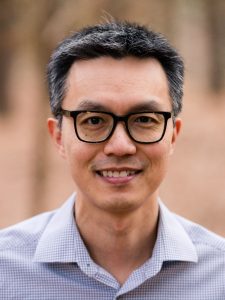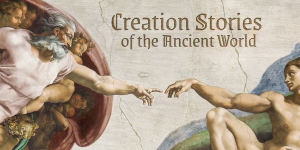Professor Andrea Cooper, Leonard and Tobee Kaplan Scholar in Modern Jewish Thought and Culture, has recently appeared on an episode of Witch Please.
In this episode we bring in a guest, Andrea Dara Cooper (she/her), to talk about Holocaust Studies. Andrea is Associate Professor and Leonard and Tobee Kaplan Scholar in Modern Jewish Thought and Culture at UNC-Chapel Hill — and she is the author of Gendering Modern Jewish Thought (Indiana University Press, 2021). Tune in for a conversation about the function of allegory in Harry Potter. When does it work in this series? When does it fall short? What are the political implications of relying on the Holocaust to make new meaning in a fantasy world both chock full of stereotypes and severely lacking in diversity? If you enjoyed our episodes on Animal Studies, Eugenics, and Werewolves as Metaphor (just to name a few!), this is required listening!


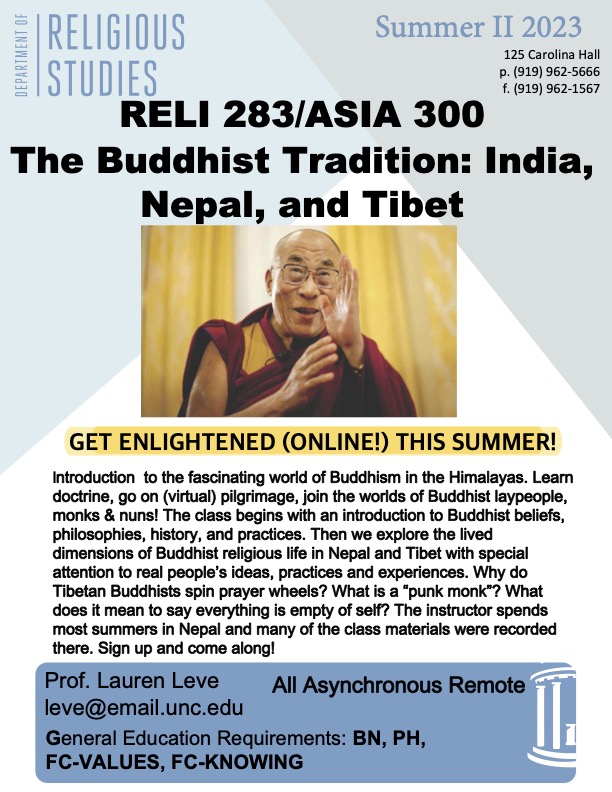
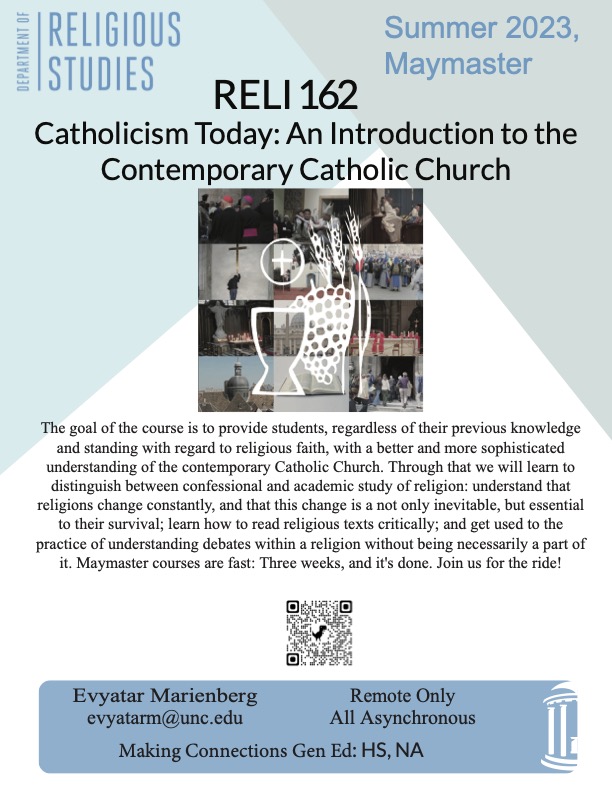
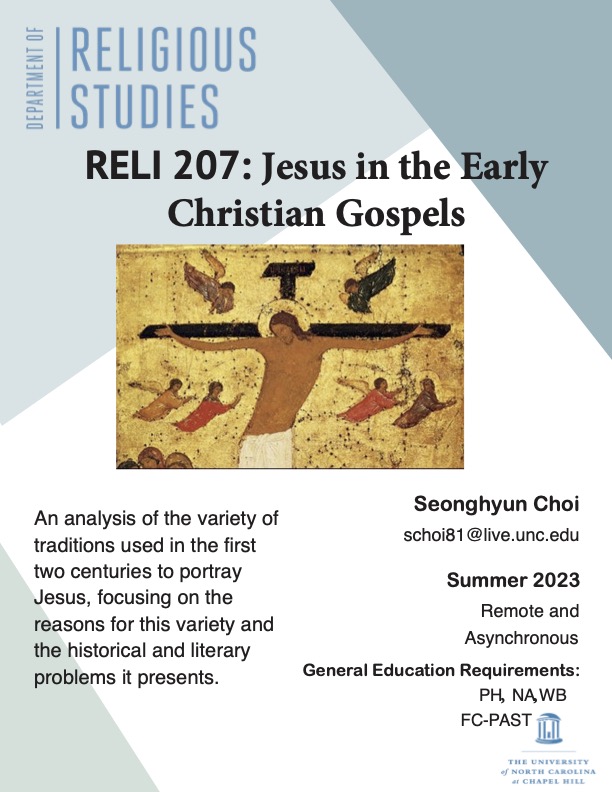
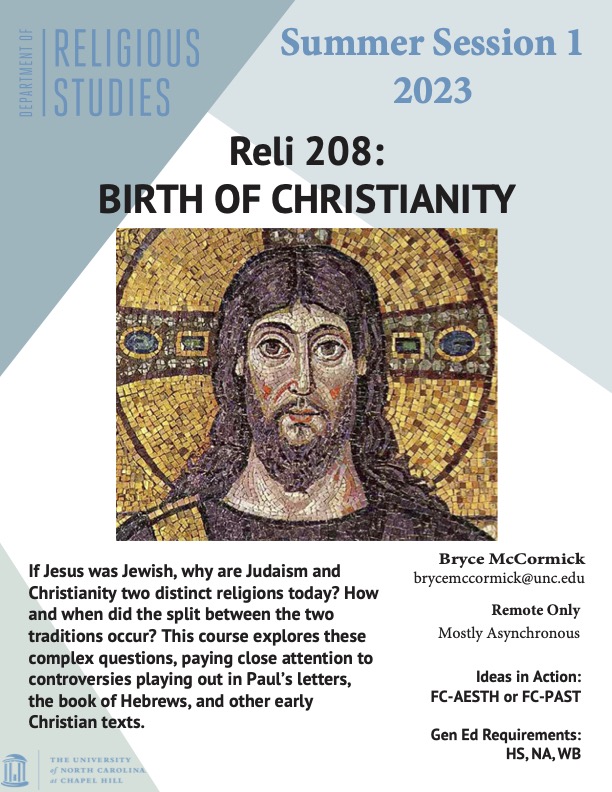
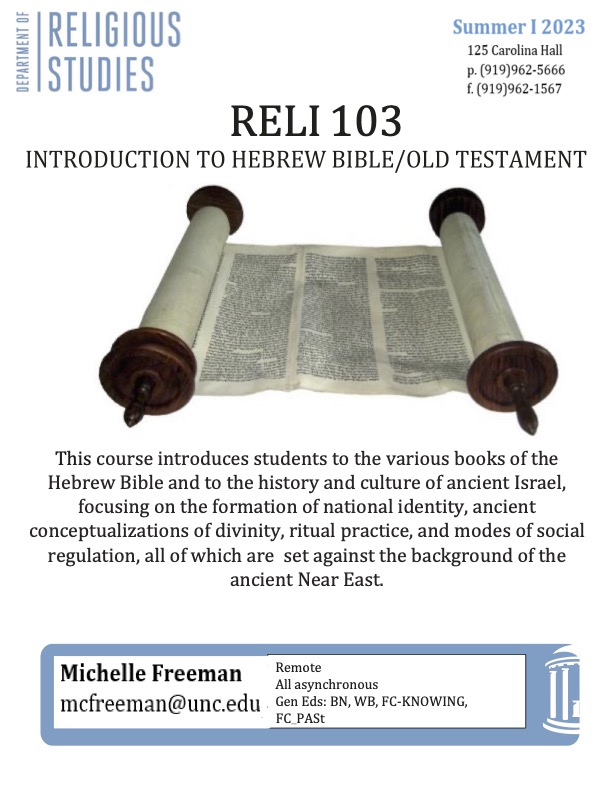
![Gendering Modern Jewish Thought (New Jewish Philosophy and Thought) by [Andrea Dara Cooper]](https://m.media-amazon.com/images/I/41-GAXdnjrL.jpg)
